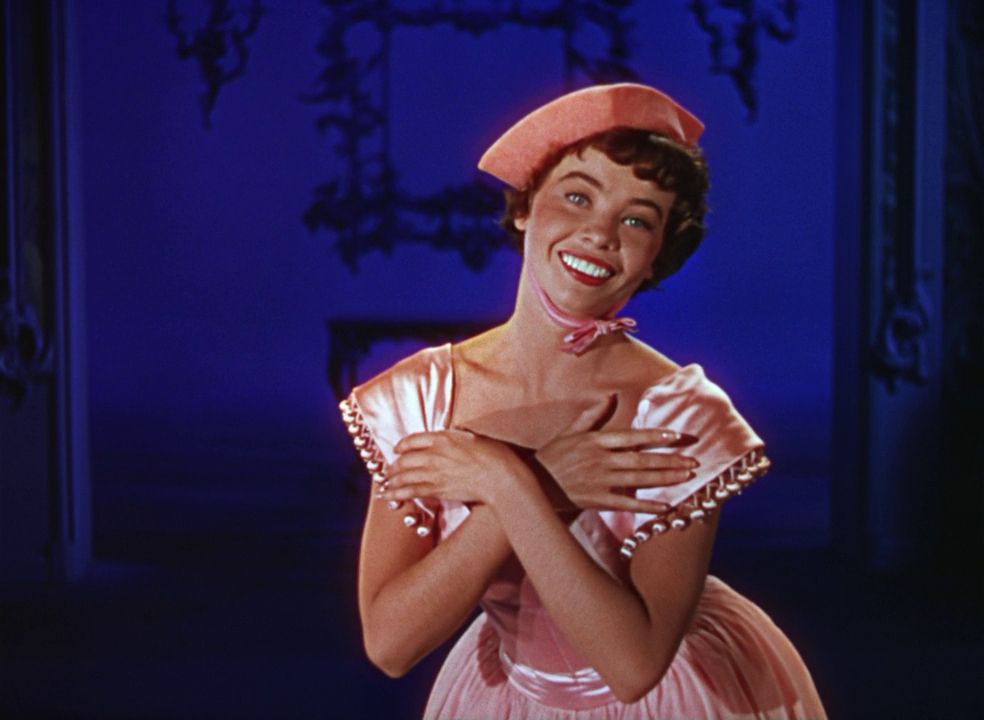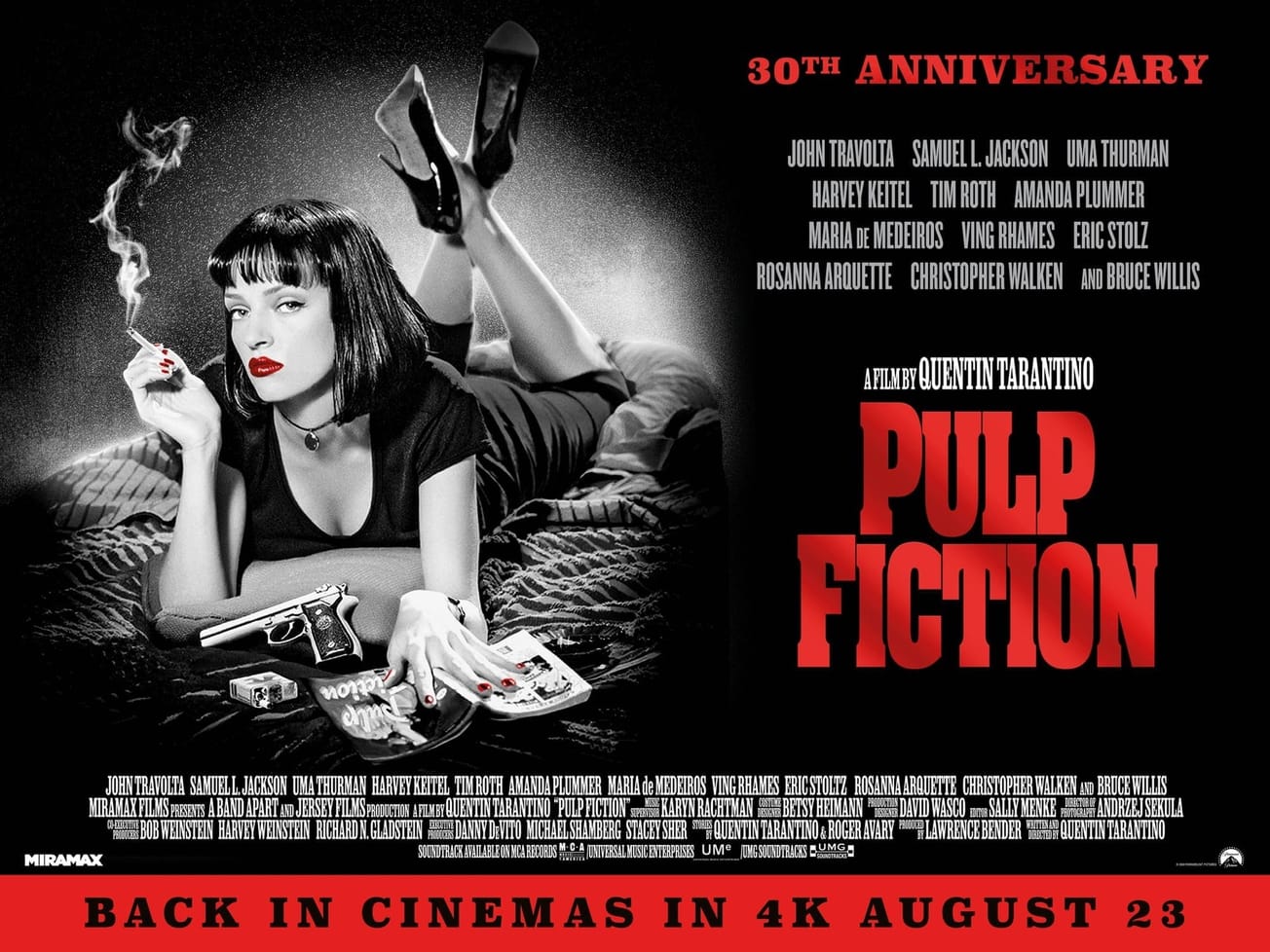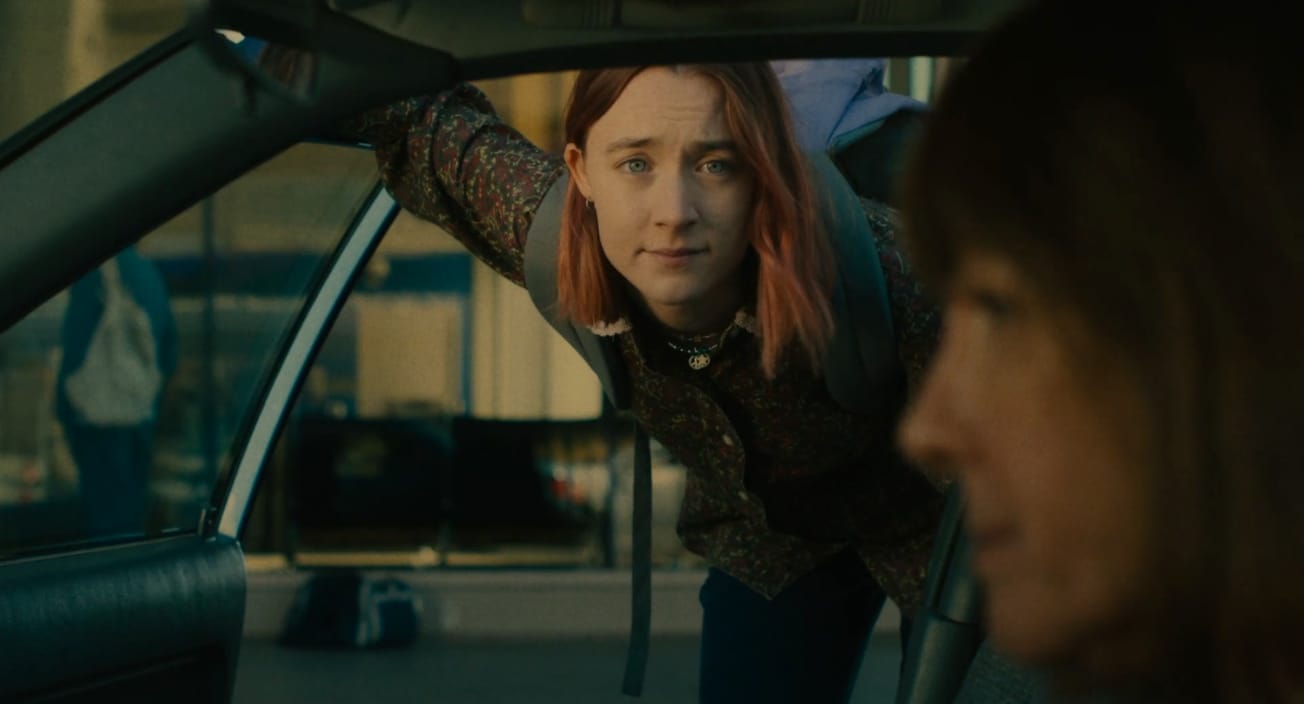By Bailey Margolis, Third Year, English Literature
The transition into a new year inevitably marks a period of change and adjustment that can be an exciting new beginning for many, but also daunting for others. Although this adjustment can be challenging, it encourages the motivation to fulfil aspirations and goals to shape the year ahead. The vitality of self-discovery proves intrinsic in navigating oneself within this stage and is acutely emphasised in the following list of films.
From Dustin Hoffman to Audrey Hepburn, these films will transpose an excitement for living in the moment and taking each opportunity as it comes to spur you into the new year.
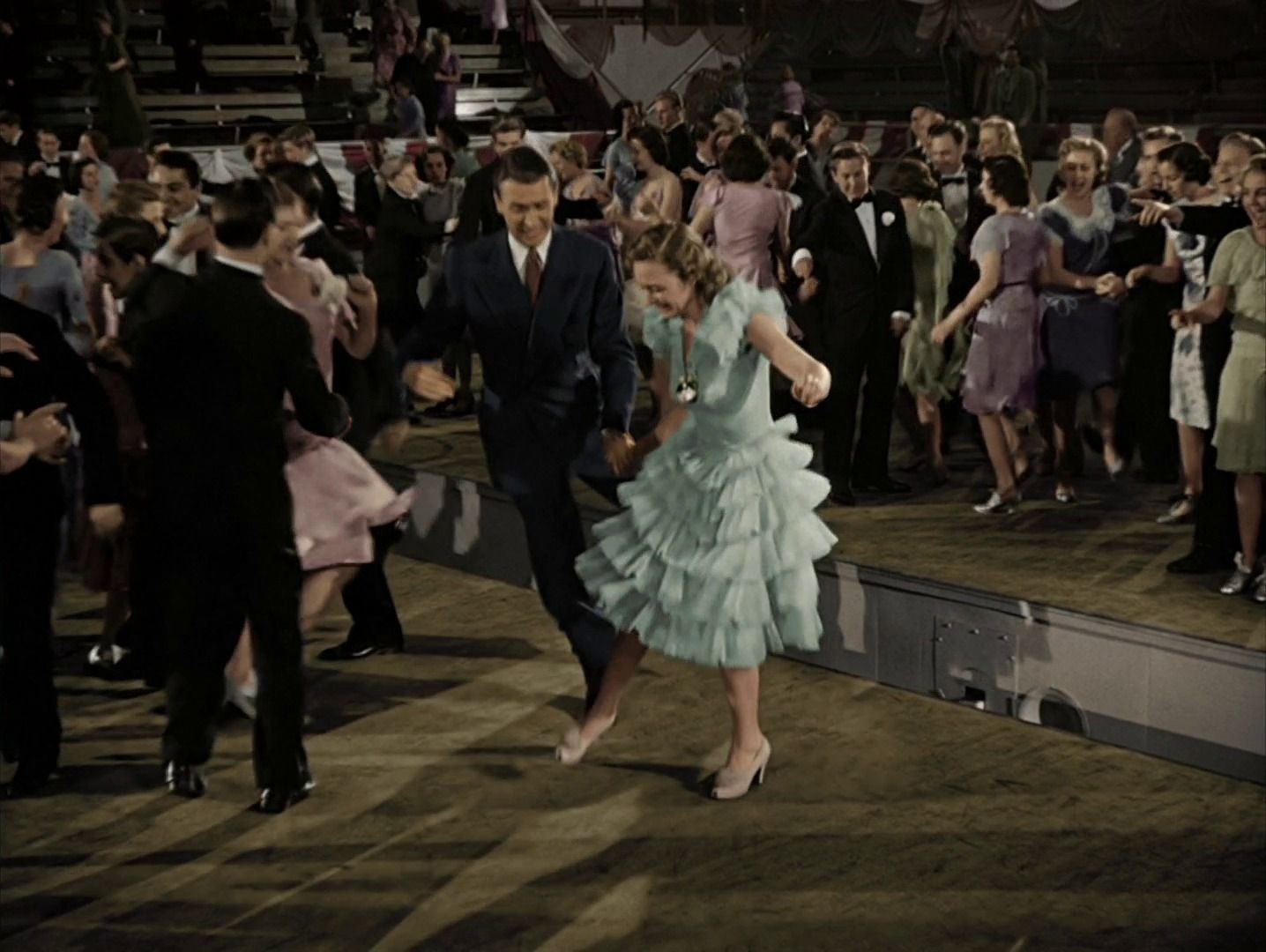
The Graduate (1967)
For many students, including myself, graduation is on the horizon, and the open-endedness of opportunities after university can oftentimes feel daunting and overwhelming to navigate.
Equally, The Graduate (1967) stars Dustin Hoffman as recent university graduate Benjamin Braddock, who returns home with a severe lack of direction in his life and an overwhelming sense of anxiety and worry.
He soon becomes seduced by Mrs Robinson (Anne Bancroft), a friend of his parents, and their entanglement causes a whirlwind of chaos when Benjamin realises his affection for her daughter, Elaine (Katharine Ross).
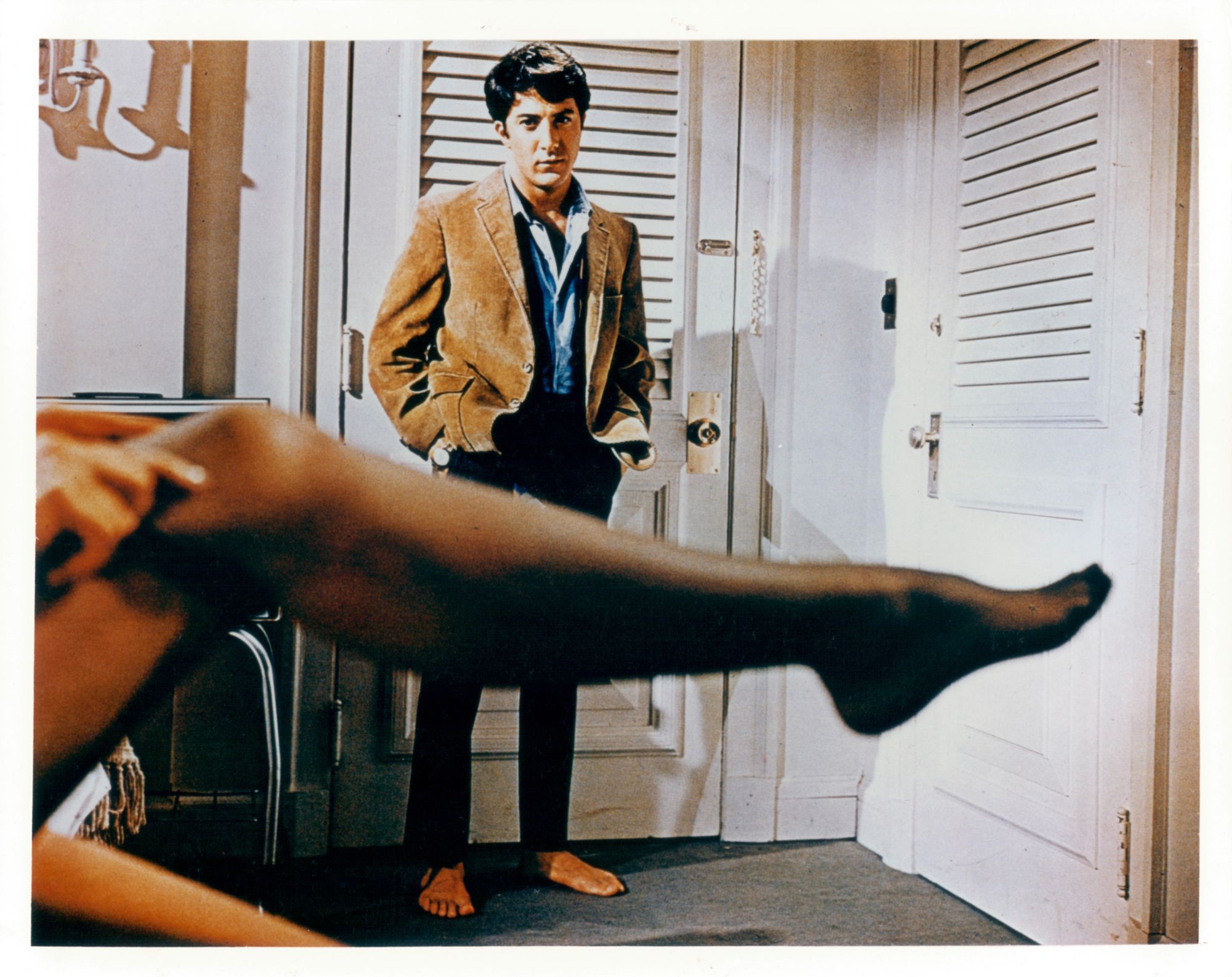
The first half of the film focuses on Benjamin as the lost graduate, lacking any sense of direction as he floats through life both literally and figuratively, splitting his time between the pool and Mrs Robinson.
It is twinned by the film’s latter half, which sees a gradual navigation in Benjamin’s life take shape as he searches for direction in his pursual of Elaine whilst dealing with the trials and tribulations caused by his affair.
The film is an earnest exploration of the individual’s self-discovery in life after university. It poignantly captures the universal anxiety about the future that maintains the film’s relatability and relevance, making The Graduate evermore a classic.
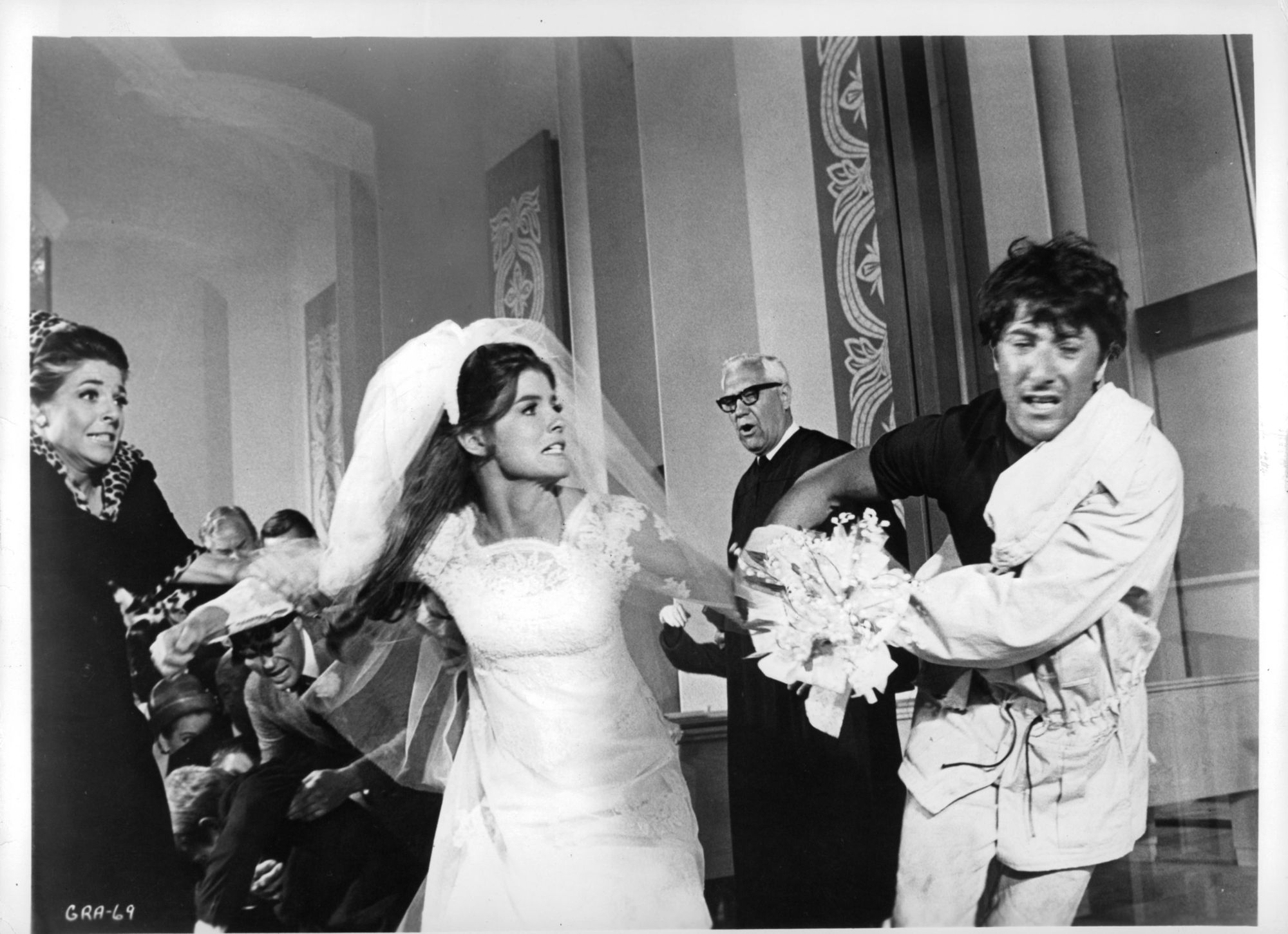
The Truman Show (1998)
The Truman Show (1998) displays the determination for self-discovery and meaning in a world that has become unfamiliar. Truman Burbank (Jim Carrey) unknowingly inhabits a world that is constructed entirely for the purpose of his existence as he provides around-the-clock entertainment for the external population.
Truman’s entire life has existed as a simulation, manufactured and orchestrated by the creator Christof (Ed Harris), paired with the efforts of those surrounding him. This stellar film posits a unique social commentary as it satirises the perverse aspects of reality TV to a chilling extreme.
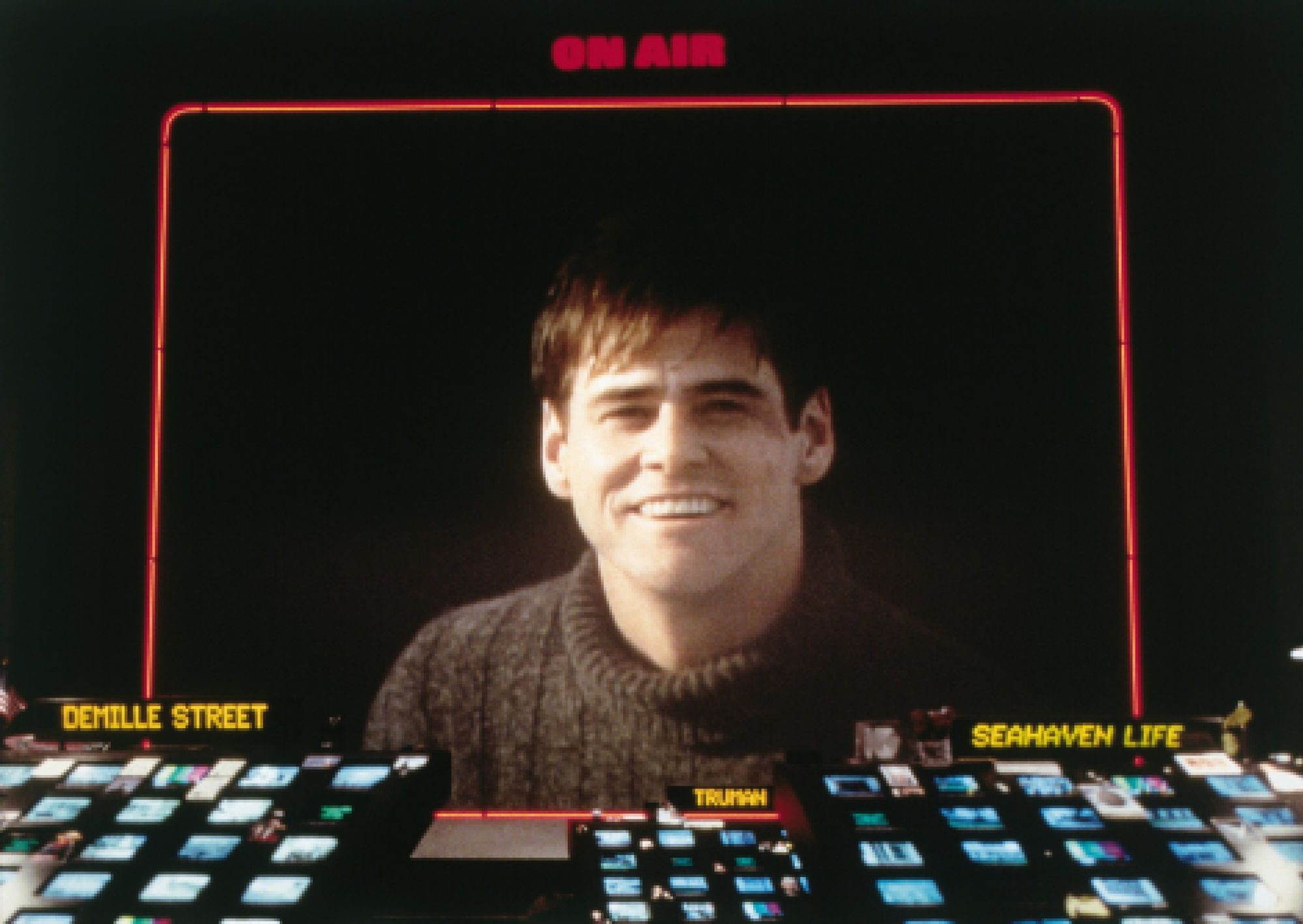
The narrative observes Truman’s gradual awareness of the artifice that surrounds him as he continues to grow further from the world that was made exclusively for him. Everything becomes obsolete. Truman rejects the reality of his world, and these realisations burgeon his struggle for freedom and identity in a world that conspires against him.
This film is heartbreaking yet inspiring, with a protagonist who evokes equal parts sympathy and respect from the viewer as he outgrows his world to find a new beginning for himself.

Dead Poets Society (1989)
Dead Poets Society (1989) focuses on a group of boys attending the fictional all-male boarding school, Welton Academy in 1959. The rigid structure of their traditional education becomes shaken by the arrival of the progressive English teacher Mr Keating (Robin Williams), who enacts new modes of learning that discourages conformity and inspires students to pursue their passions.
The film’s mantra, ‘Carpe Diem’ (a Latin phrase translating to ‘seize the day’), soon becomes the boys’ life philosophy.
Mr Keating incites a greater appreciation for the beauty of life and art and teaches them to seize the opportunity of each day with a firm grasp. The film is a poignant portrayal of youth and self-discovery, transposing the inspired passion of their protagonists onto the viewer.
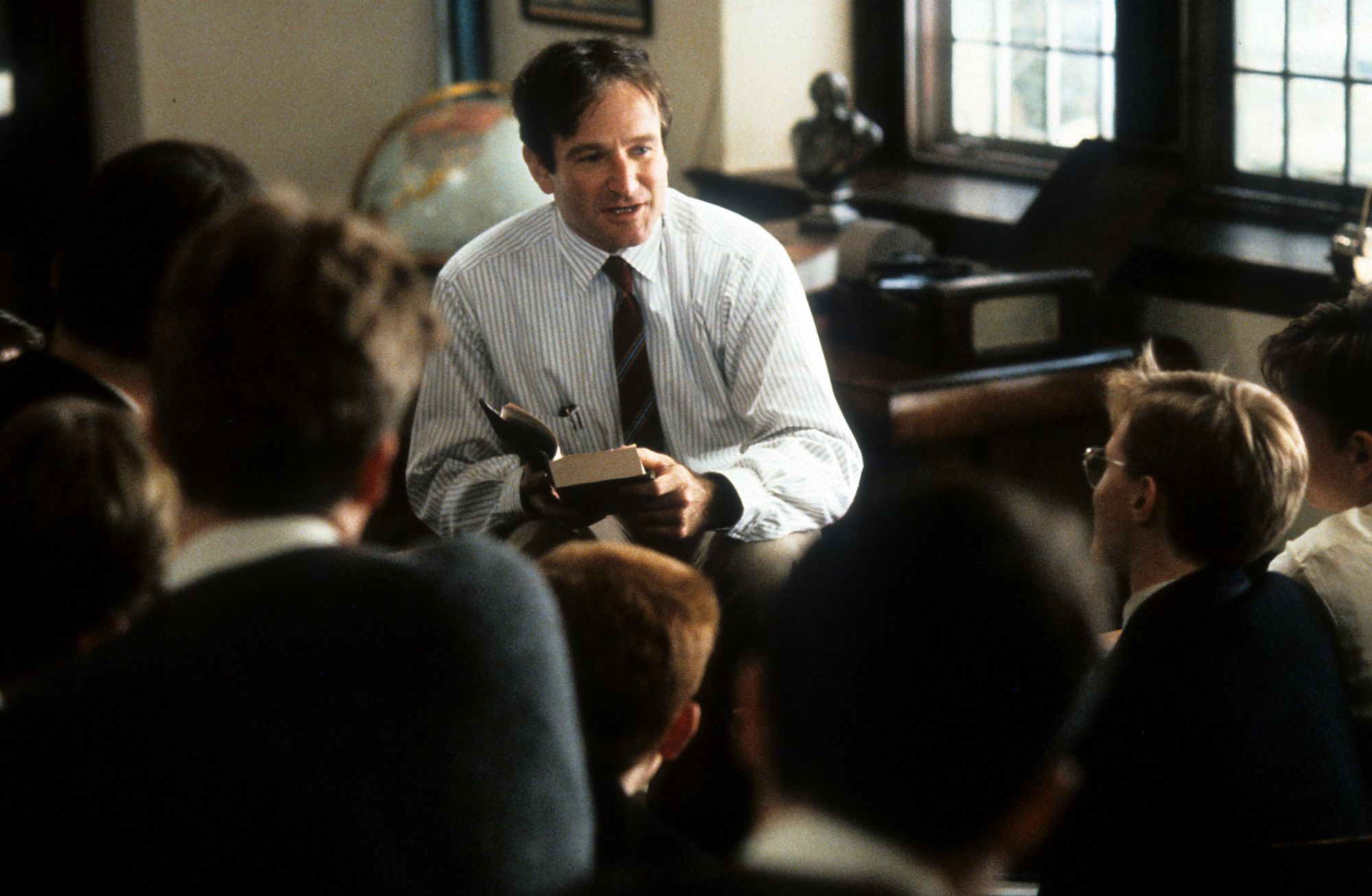
Ferris Bueller's Day Off (1986)
Ferris Bueller’s Day Off (1986) captures the ultimate ditch day that takes the Dead Poets’ mantra, ‘Carpe Diem', in its stride. High school student Ferris Bueller (Matthew Broderick) fakes sickness to avoid school and takes his best friend Cameron (Alan Ruck) and girlfriend Sloane (Mia Sara) around Chicago while being tracked by his principal, Ed Rooney (Jeffrey Jones).
The brilliance of this film rests on its charming and uniquely innovative protagonist, Ferris, who overcomes every obstacle with original and inspired creativity. From attending a baseball game to performing in The Chicago parade, Ferris enables both his friends and the viewer to experience every colourful side life has to offer.
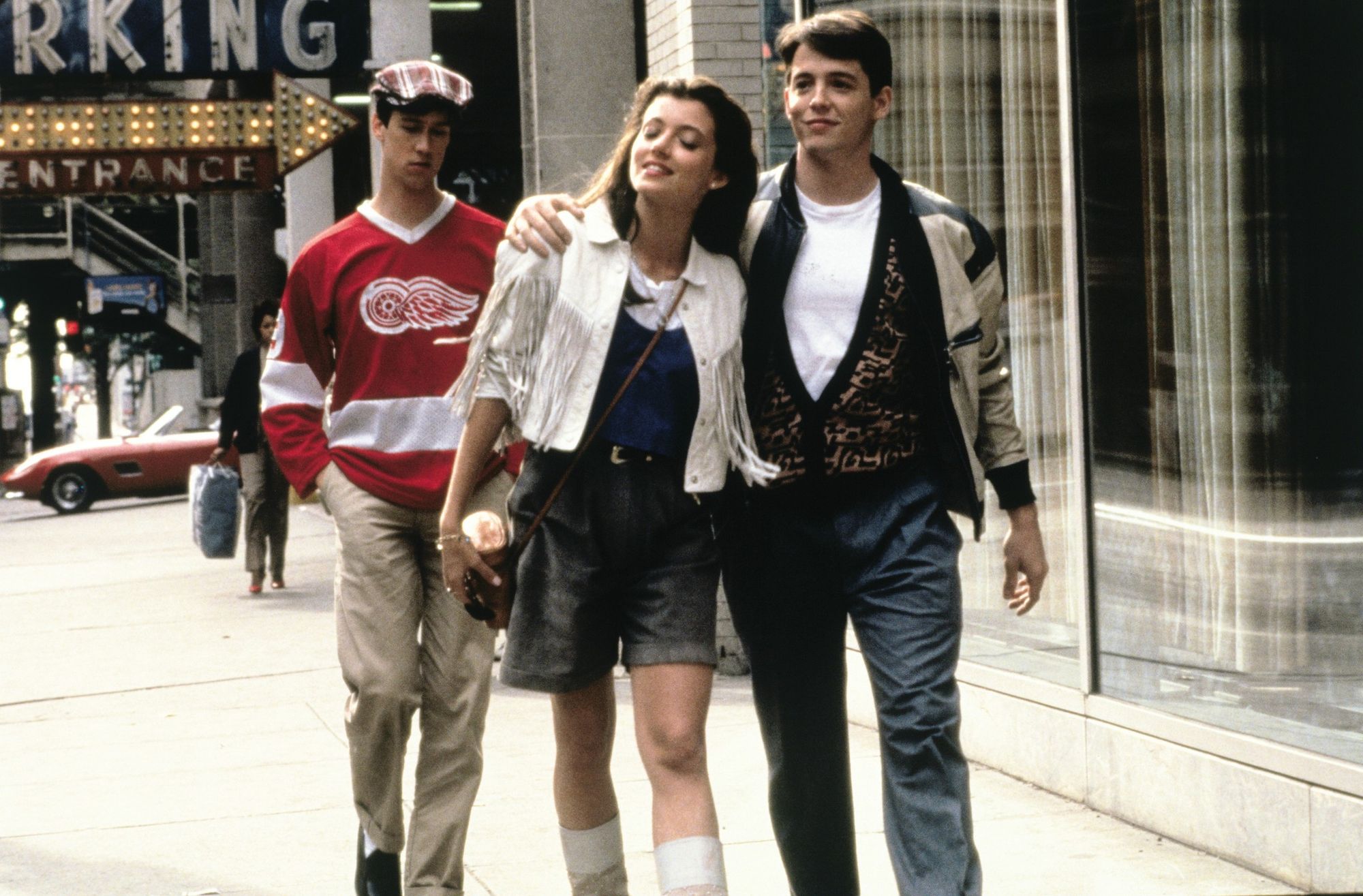
Ferris is an individual who glides through life, taking every opportunity as it comes. The film is an optimistic reflection on youth and, unlike The Graduate, embraces the limitlessness of opportunity.
The film holds a special duality in its upbeat and positive outlook as it captures an earnest and genuine reflection of the individual’s strive for change. It is a poignant coming-of-age film led by a protagonist who is wise beyond his years, someone who embraces life and teaches us what it means to live.
The sheer vibrancy of life depicted in this film is unparalleled, leaving the viewer with a newfound enthusiasm and zest for life.

Roman Holiday (1953)
In her film debut Roman Holiday (1953), Audrey Hepburn portrays princess Anne, who, unhappy in the confinement of her rigid schedule, escapes to spend the day exploring Rome.
She is accompanied by a news reporter, Joe Bradley (Gregory Peck), who secretly attempts to exploit her for an exclusive article. Princess Anne discovers newfound independence in governing the events of the day on her own terms, and her active pursual of adventure represents her character’s lust for life.
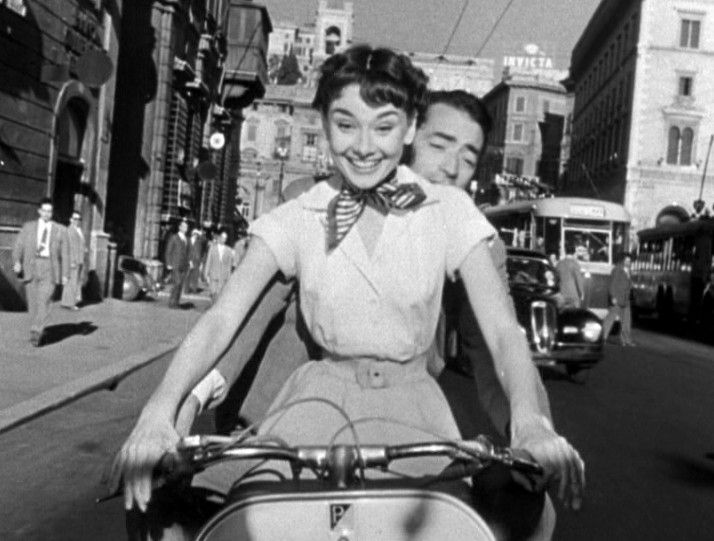
The innocent desire for adventure enforces the film’s sentiment to make the most of the day as Audrey’s character finds joy in life’s simplicities. Audrey’s exuberant charm gives the film its timeless quality, and her character’s outshining charisma is infectious as she makes a sympathetic man of Joe Bradley. Her personality radiates far beyond the silver screen.
The film emphasises the joy in life’s simplicities and leaves the viewer uplifted and inspired to emanate a similar passion for life as Audrey Hepburn in Roman Holiday.
Each flawless film is worth watching.
Featured Image: An American in Paris (1951) // Loew's Inc on IMDB
Have you watched any of these timeless classics?

